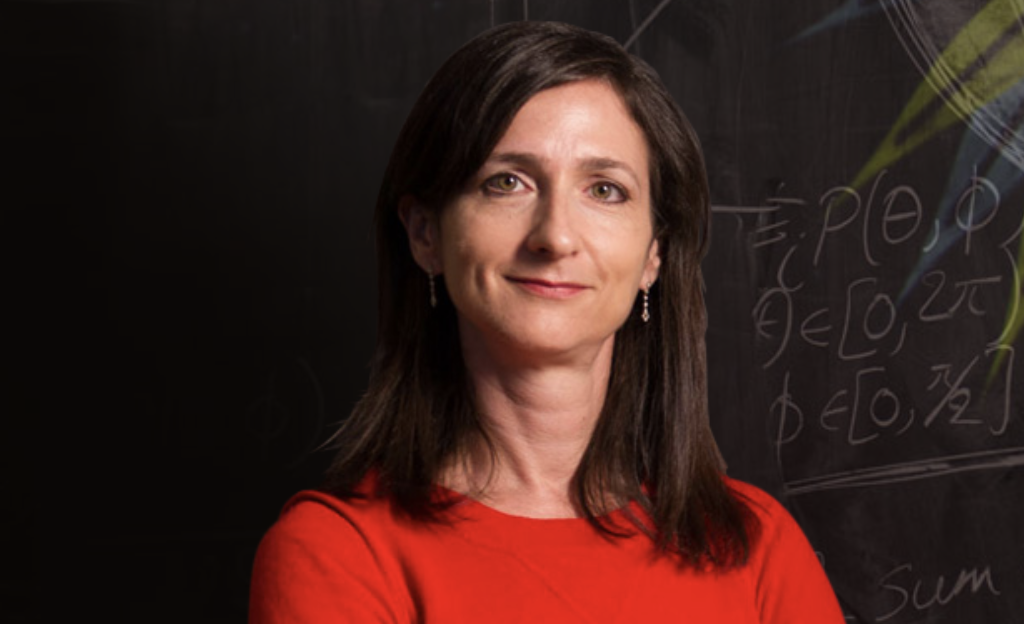
Professor Sara Seager is on a mission to find another planet like Earth, and given her track record, she just might. The astrophysicist and planetary scientist has been recognized for her work on exoplanets (planets that orbit stars other than the sun). She is famous in her discipline and a pioneering scientist in a field that, even until the late 1990s, was mostly theoretical.
Seager has authored two textbooks on the topic of exoplanets and her research has been recognized by Popular Science, Discover Magazine, Nature, and TIME Magazine.
She was born in Toronto in 1971. She didn’t have many friends growing up and considered herself an outcast.
“Ever since I was a child, there was just something about me that wasn’t quite like the others,” she said in an interview with The New York Times Magazine. “Kids know how to sort through who’s the same and who’s different.”
She attended the University of Toronto with the aid of a Natural Sciences and Engineering Research Council of Canada (NSERC) University Undergraduate Student Research Award, earning her bachelor of science in mathematics and physics, and then went on to Harvard for her doctorate in astronomy.
Since 2007, Seager has been a professor of physics, planetary science, and aeronautics and astronautics at the Massachusetts Institute of Technology, where she holds the Class of 1941 Professor Chair. Her work has led to the first detection of an exoplanet atmosphere and broadly extends to exoplanet interiors, biosignature gasses, and various space missions. She has served as the Deputy Science Director of the MIT-led NASA Explorer-class mission TESS, and, most recently, has directed a mission concept study to find signs of life or life itself in the atmosphere of Venus.
Professor Seager’s contributions to her field have earned her several awards, including the status of “genius” as a MacArthur Fellow, the Helen B. Warner Prize from the American Astronomical Society, and the 2012 Sackler Prize for Physics. In addition to her textbooks, Seager authored a memoir, “The Smallest Lights in the Universe,” which won the 2020 Los Angeles Times Book Prize for Science & Technology.
